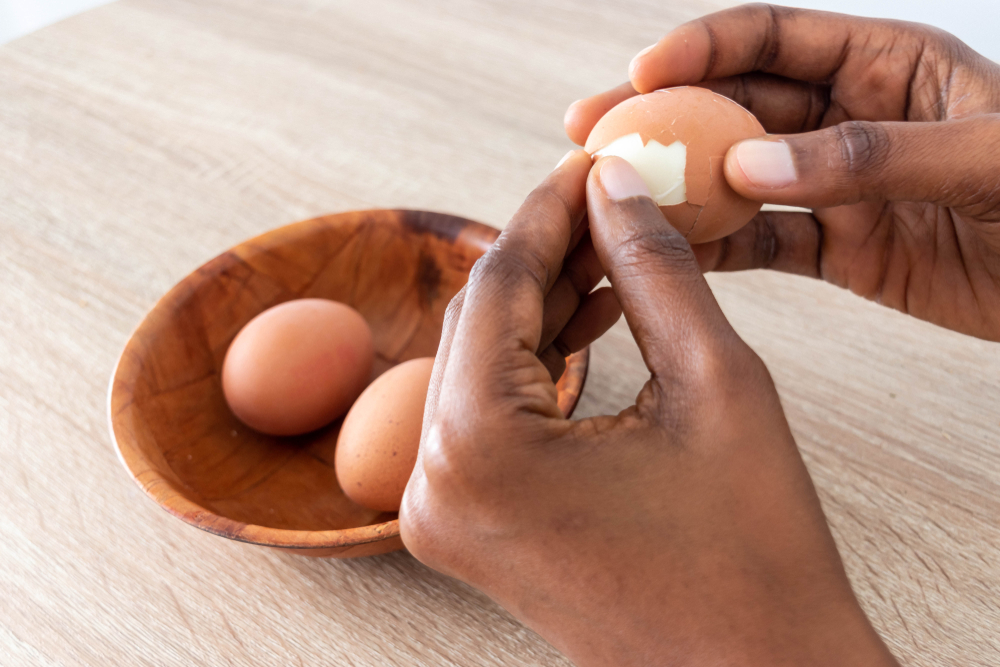In today’s health-conscious world, protein has become a hot topic. Social media is buzzing with influencers advocating for a daily intake of 100 grams of protein. But why is protein so important, and how can you incorporate it into your busy lifestyle? This article explores the significance of protein, daily requirements, and practical ways to enhance your meals and snacks.
Why protein matters
Protein is essential for building and repairing muscles, joints and tissues. It is crucial for producing enzymes and hormones, serving as a chemical messenger and energy source. Research shows that adequate protein intake can:
- Build and maintain muscle mass
- Assist with appetite control
- Support strong bones
- Facilitate weight loss
Does everyone need 100 grams of protein per day?
Protein needs vary based on body weight rather than a one-size-fits-all recommendation. The Recommended Daily Allowance (RDA) for adults is 0.8 grams per kilogram of body weight, equating to about 0.36 grams per pound. However, many experts suggest that most individuals may require upwards of 1 gram per kilogram daily.
For example, a person weighing 70 kilograms (154 pounds) would need around 70 grams of protein daily. While 100 grams may not be necessary for everyone, it is generally safe for most adults to consume this amount.
Who needs more protein?
Certain groups may require higher protein intake:
- Athletes: Need 1.4 to 2 grams per kilogram for muscle building.
- Older adults: Require 1.0 to 1.2 grams per kilogram to maintain muscle and bone health.
- Weight loss seekers: May benefit from 1.2 to 1.6 grams per kilogram to preserve lean muscle.
- Individuals recovering from illness: Might need 1.6 to 3 grams per kilogram to promote healing.
How to achieve your protein goals
Aiming for 20 to 40 grams of protein per meal can help you meet your daily intake. Here are 11 protein-rich foods to consider:
- Hemp seeds: 10 grams per 3 tablespoons.
- Lentils: 18 grams per cup.
- Great northern beans: 15 grams per cup.
- Peanuts/peanut butter: 8 grams per ounce.
- Sorghum: 5 grams per cup.
- Edamame: 17 grams per cup.
- Tofu: 10 grams per 0.5 cup.
- Hard-boiled eggs: 6 grams per egg.
- Nutritional yeast: 8 grams per 2 tablespoons.
- Cottage cheese: 28 grams per cup.
- Canned salmon: 22 grams per 3-ounce serving.
Consuming adequate protein can aid muscle gain, appetite control and weight loss. Striving for 20 to 40 grams at each meal can help you achieve your protein goals effectively.





